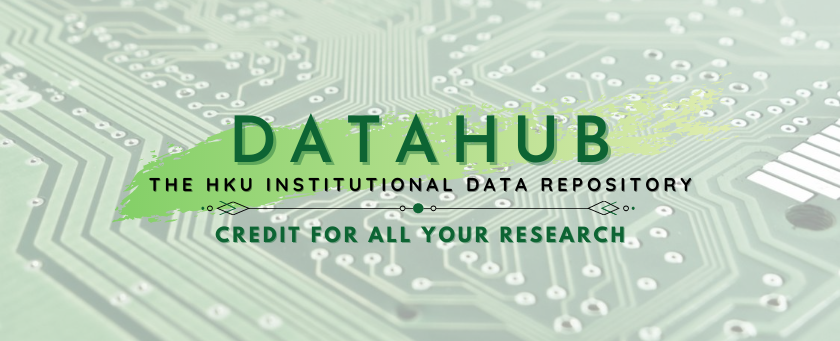
Metadata means data about data. For Research Data Management, there are basically two types, the human-readable documentation that you create during your project such as readme files, lab notebooks, or headers inside your data files giving explanation, description and context. This is sometimes called informal metadata. Then, there is machine-readable metadata, sometimes called formal or standard metadata, that allow your datasets and documents to be discovered and retrieved through search engines, specify which users under which conditions have which rights to access your data, and create identifiers and citations for your data.
- Australian Research Data Commons (ARDS) published a metadata guide which provides a simple generic view of the needs, the issues, and the processes around metadata collection and creation.
- NISO Press, 2015. Research Data Management: A Primer - This primer covers the basics of research data management, with the goal of helping researchers with planning, documenting, and preserving data to promote reproducible and transparent research data.
- UK Data Service. Metadata
- Research Data Oxford. Metadata resources from around the web












